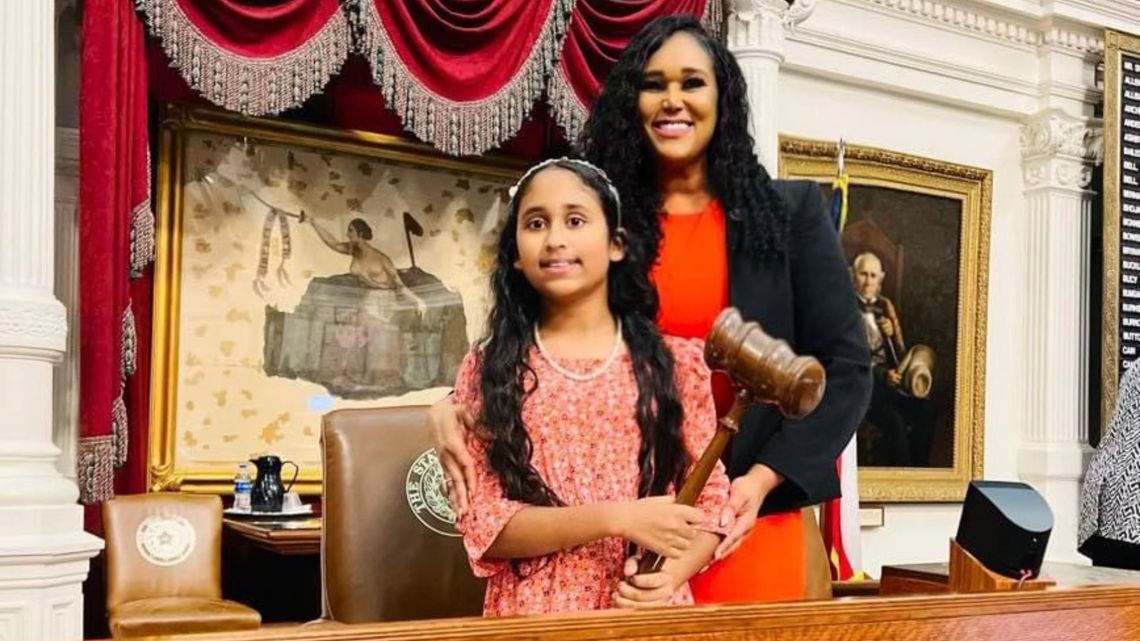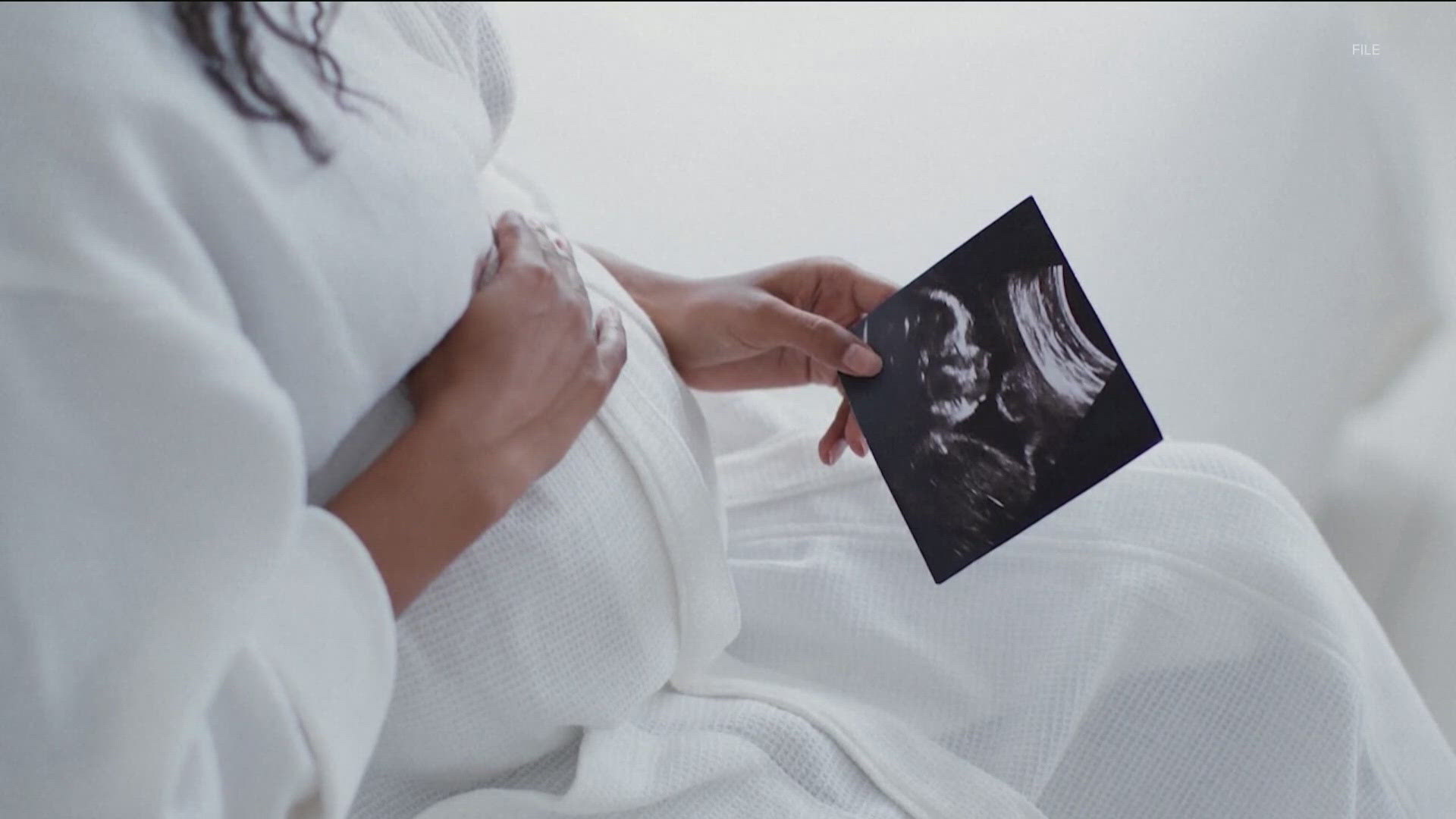AUSTIN, Texas — Maternal mortality rates in Texas are some of the worst in the country, especially among Black women.
Studies show Black women in Texas are three times as likely to die during pregnancy or childbirth as all other ethnic groups. It’s an issue KVUE has been following for years.
The KVUE Defenders dove into years' worth of data. A study by the American Medical Association showed in 1999, the maternal mortality rate in Texas was around 10 mothers per 1,000 live births. Ten years later, that more than doubled to 22 deaths.
The situation hasn’t gotten any better for Black mothers in Texas.
“What we do is we assist women with disparities because Black women are the highest for disparity for preterm pregnancies," Eva Roberts, a doula coordinator for Healing Hands, said.
During Black Maternal Health Week in April, Austin Public Health (APH) brought in women and men to hear about ways to advocate for themselves and family.
As a doula, Roberts helps guide pregnant women through labor. But she said it’s also her job is to make sure women and mothers are being heard.
“You got somebody here that can help you, and I'm willing to go the extra mile," Roberts said.
There’s an underlying reason for these types of chats.
"Back 30, 38 years ago, when I had my preemies, we didn't have anybody to help me. Nobody to come talk to me about my disparity or what I went through," Roberts said.
For some, these experiences continue. Worldwide, the U.S. has some of the highest maternal mortality rates, with more women dying from pregnancy, childbirth and postpartum. Black women are impacted the most.
Cynthia Washington, the Public Health Program Coordinator for the Maternal Infant Outreach Program (MIOP) at APH, said some of the reasons for those disparities are racism, access to services, later prenatal care and birth spacing.
Washington said a major contributing factor is women who are afraid to speak or who are not taken seriously.
"A lot of women of color, period, don't know that they have a right. They don't know that they have a right to tell the doctor, 'Hey, I'm hurting,'" Washington said.
A 2023 study from the American Medical Association shows Black women are three times as likely to die from pregnancy or childbirth in Texas – and southern states in general – as all other ethnic groups.
"It's just like anything – you would always start with the most affected group to be able to help the whole," State Rep. Shawn Thierry (D-Houston) said.
Thierry knows about Black maternal mortality all too well. Her district in Houston is an example of where mothers see gaps in care – and Thierry has a story of her own.
"I couldn't breathe, and I was just in excruciating pain. I started, you know, letting the doctors and nurses know. It took a while before they believed me," Thierry said.
That's what she dealt with when giving birth to her now 11-year-old daughter.


Thierry was given a high spinal epidural. She recalls feeling the meds reaching her heart.
"They kept saying, 'No, no, no, you're fine. I promise you.' I was saying, 'No, listen to me. I promise you, I don't think I'm going to make it.' I was trying to use mind over matter," Thierry said.
After her traumatic birth experience was over, she said the torment did not end there.
"My doctor came in the room and sat at the door and didn't even come all the way in and said, 'Hey, crazy, I heard. I heard you went crazy in there.' I was thinking, 'What? You – oh, you mean you heard [that I] almost died from a high block epidural,'" she said.
She said a lot of women deal with situations like hers. She's been fighting for change at the Texas Capitol.
"This past session, I was finally able to joint author and pass legislation that will extend Medicaid coverage for women and low-income pregnant mothers from 60 days to one year," Thierry said. “I have several pieces of legislation that have not made it all the way to the governor's desk. Some of them passed the House, and they died in the Senate. Some things don't get a hearing.”
Considering Texas’s strict abortion laws, she said this issue needs fixing now more than ever.
"Be a voice for a person that can't speak up, can't speak out, and let them know that you got their support," Roberts said.
Roberts, Washington and Thierry all agree: it starts with being clear about what you feel.
"One thing that we can do is educate on and have health literacy so that people can know. And so, that's one thing that we teach," Washington said. "We're all community health workers."
It's all a part of a community working together to save lives.

